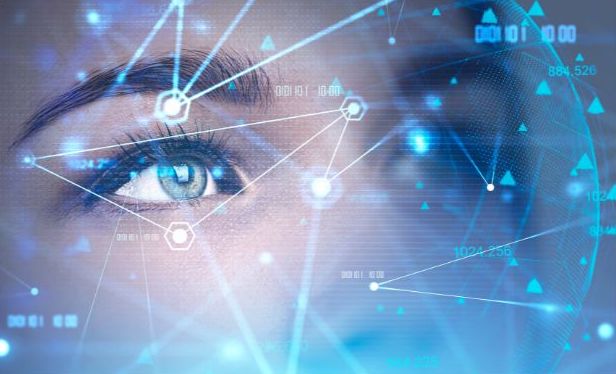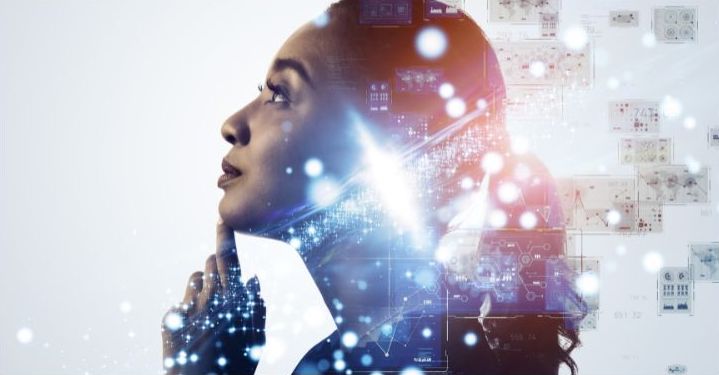
In an era where technology is making great strides, our perceptions often get carried away on the wings of AI hype. We tend to overestimate its immediate impact, only to underestimate the profound, long-term transformations it can bring.
This phenomenon, known as Amara’s Law, applies to the world of AI, just as it did with personal computers and the Internet (Amara, 1984).
While many predict an “AI Winter” where expectations will burst like an overinflated balloon, it’s clear that the march of technological progress will continue, albeit perhaps at a more measured pace.
ChatGPT, the chatbot sensation that recently took the world by storm, triggered a whirlwind of emotions, from apocalyptic predictions to boundless euphoria (Baidoo-Anu & Ansah, 2023; Rudolph et al., 2023). Academia, in particular, has been involved in a heated debate about the merits and demerits ChatGPT’s (García-Peñalvo, 2023).
Its use in education and research has ignited discussions about accuracy and ethical considerations (Stokel-Walker, 2022). Worse still, it occasionally suffers from “artificial hallucinations,” generating content that never existed—what’s now referred to as “deep fake text” (Else, 2023).
Despite these challenges, as students and instructors become more familiar with ChatGPT and other AI tools, they are likely to play an increasingly significant role in higher education.
The future of education, both in traditional and online settings, will likely be shaped by emerging technologies such as augmented reality and AI, which have the potential to revolutionize the way we teach and learn (Ratten and Jones, 2021b; Tarabasz et al., 2018; Tkachenko et al., 2019).
Our research revealed that integrating chatbot technologies into entrepreneurship education has shown significant potential in nurturing students’ entrepreneurial mindsets and competencies. Students can use ChatGPT to explore and validate their entrepreneurial ideas, engaging in interactive conversations to receive real-time feedback, suggestions, and insights. This practical application of AI streamlines the ideation process, saving time and resources while encouraging students to think critically.
The implications are both theoretical and practical. By harnessing AI technologies like ChatGPT, educators can transform the learning environment into an interactive, personalized space that fosters curiosity and active participation.
As we step forward into this exciting future, the fusion of AI and education is extremely promising. It’s up to us to embark on this his exciting journey with a discerning eye, recognizing both the potential and the pitfalls of these powerful tools.

The article “Redefining Entrepreneurship Education in the Age of Artificial Intelligence: An Explorative Analysis” is available Open Access at this link: https://doi.org/10.1016/j.ijme.2023.100879 or at this link: https://zenodo.org/records/1003289
#ChatGPT #entrepreneurshipeducation #competencies #MSCA #WOentrecompMEN #AI